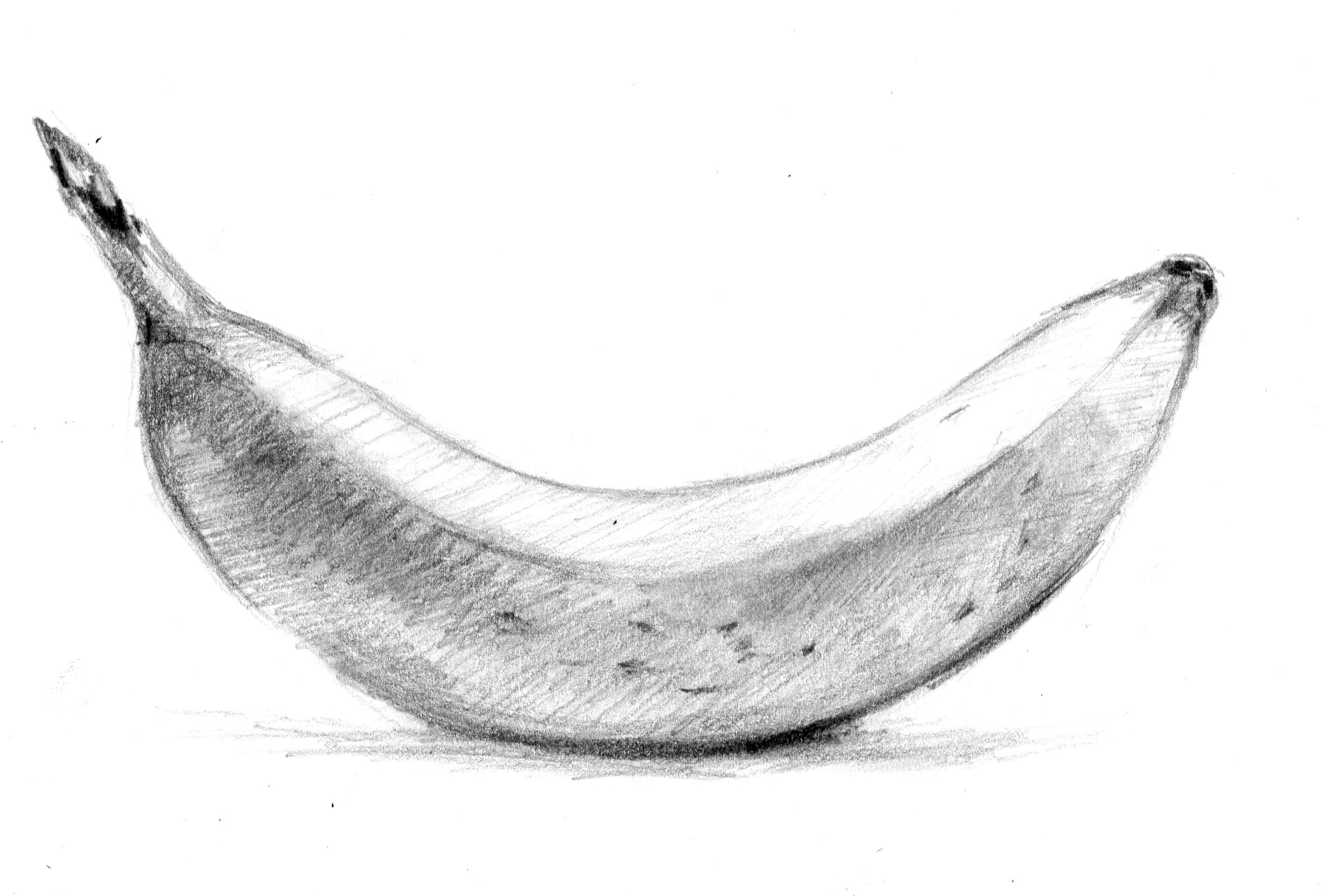
Sometime in February, when it was dark and raining and I was upset with myself, I saw a whole unpeeled banana on the ground and hated it immediately. It was so bright, and so obvious, and so ridiculous, I almost kicked it. This is a cruel joke, I thought, someone left this out so I could trip on it, or he could trip on it, or she could trip on it. I stood there for too long, glaring at a piece of dining hall fruit on the pavement. My shoes were soaked; my hair was wet. The banana stared back, impassive. I walked away and made a joke about it later, to one of my friends.
“I don’t pay taxes so that people throw bananas on the ground,” I said.
And then I started to cry.
The truth is, I still don’t know what any of this means. None of it makes sense: the banana, the crying, the taxes — I don’t even pay taxes. This memory, it has the same hallucinatory quality as a bad dream: Certain details stick out to me, and I know they’re real, they must be, because they’re so in focus, so obsessively concrete. The way the banana curved, the way my socks felt in the cold, the way the rain dripped down the hood of my coat and stuck to my forehead: I’ve attached meaning to this moment, and I’ve wanted to write about this moment, and I am writing about this moment, but why?
I guess I could say something about sadness. I’ve come to realize that I’m not happy here, not entirely. There’s this sentence that keeps slinking around my head, that I’m a squatter in this place, one day I’ll be going back to wherever I’m supposed to be. Part of this — this pit that opens up occasionally without warning — is homesickness. I think about the sun, and the cacti, and the way grit feels on the fingers when the wind blows from the mountains or from Mexico. I think about the dry heat, the 80 degrees, how all the houses only have flat roofs. I miss Arizona terribly, and this I can reconcile.
But there’s this other part, too. It’s an indescribable weight that manifests without warning. It starts to sleet; it starts to snow, I miss the bus, the pocket of my jacket rips. For some reason, I keep thinking that I’ll write this really melancholy short story, about loneliness, or loss, or whatever. I want to tell this to people, this ache, this needing — and at the same time I can’t. I don’t want to be the girl who breaks down when she sees bananas on the ground. I don’t want to be a person who doesn’t make sense.
I’ve gotten better about this.
I remember one time, my friend and I were at dinner, and I was cutting my breaded chicken and I said I was sad. I was anxious and sad, and I’d been hysterical five minutes before I saw her, before I wiped my eyes and put on my good face, trilled out, “Hey — how’re you?” She put down her knife and said, I know, believe me, I know. She said, I hid under some bushes yesterday and sat there for two hours — I sat there for two hours, because I didn’t know what else to do with myself. Thank God, I said, I mean — She cut me off, and smiled.
“It’s OK.”
I’d like to say at that moment I changed, but to be honest, I don’t really remember when I started talking about it, when I started fighting back against the shame that kept my mouth shut. I only know that this happened, weeks later:
I was heading back from Panera, and it was dark and chilly, with the kind of wind that cuts straight into the bone. Outside of the Yale Repertory Theatre, there it was, another banana on the ground, this time propped against one of those little columns by the side of the road. I paused, again. I almost — almost — smiled.
Because I imagined this Yalie — some anonymous, nondescript Yalie — in winter clothes, lugging around this sack of bananas that they filched from the dining hall or spent their Durfee’s swipe on. They stop in random places around campus, take a banana out and leave it there. The bananas are awkward and rude and completely irrelevant. Sometimes they rot, entirely unnoticed.
But other times, they’re stumbled upon. Other times, they’re thought about.
Contact Alice Zhao at alice.zhao@yale.edu .







